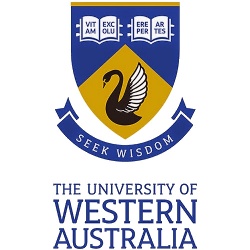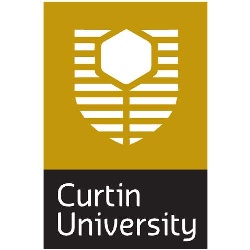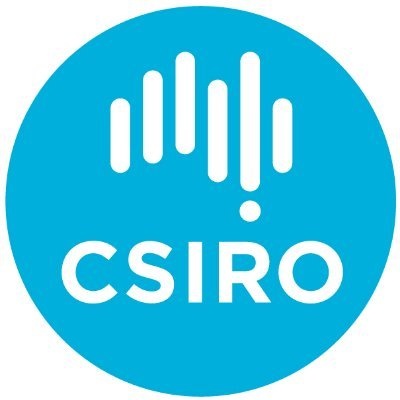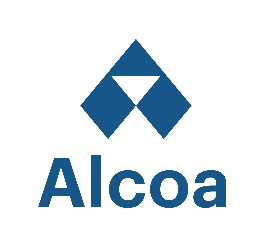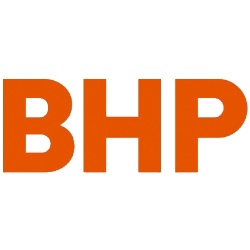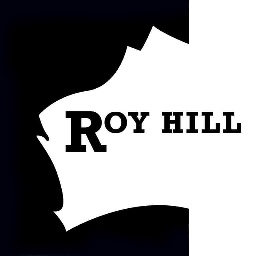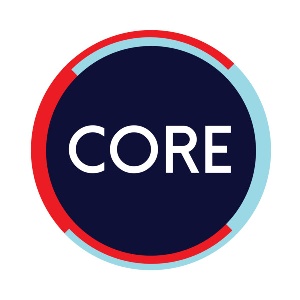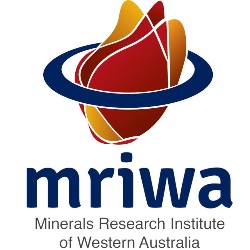Virtual - Researchers Catch-up
Information retrieval takes a significant amount of time for engineers. Asking a question is quite a straightforward way to get desired information. Graphs or tables have been shown to effectively store and represent information in a structured format. However, computers can only interpret and execute formal languages, such as SQL w.r.t. relational database, SPARQL w.r.t. RDF and Cypher w.r.t. Neo4j graph database. Exploiting industry specifications and standard schema, e.g. ISO 15920-2 and ISO 15926-4, into a graph database will help to improve the accuracy of the answers to any given questions. This process will require users have computer science knowledge. Most people do not have or only have limited technical knowledge * or specific domain expertise to retrieve graph information. There is no guarantee that the user is familiar with the data and the schema. The placement project that Ziyu is working on with CSIRO involves developing 'semantic parsers' to answer questions from structured data by incorporating domain knowledge. Examples of structured data include relational databases and graph databases.
What is semantic parsing?
Semantic parsing is the task of translating natural language utterances to executable logical forms, such as the cypher queries over knowledge graph hosted in the neo4j framework in the KOALA * project. Cypher is Neo4j's graph query language that lets you retrieve data from the graph. Neo4j is a graph database management system developed by Neo4j, Inc. Ziyu is interested in researching effective ways to capture the natural language questions' conceptual meaning by combining pre-trained language models and Bayesian statistical methods, and to perform necessary reasoning over existing knowledge to answer complex questions for the given questions.
If you want to know more about Ziyu's work please contact her directly [email protected].
- technical knowledge refers to the knowledge of Cyper, neo4j data structure, graph and relational databases etc.
- KOALA project - KOALA is short for knowledge graph leveraging asset relationships. This is a broader placement project being worked on by Ziyu Zhao and Chau Nguyen. Once the domain specific knowledge graph is constructed, it will be integrated in Ziyu's knowledge-graph based question answering model.
